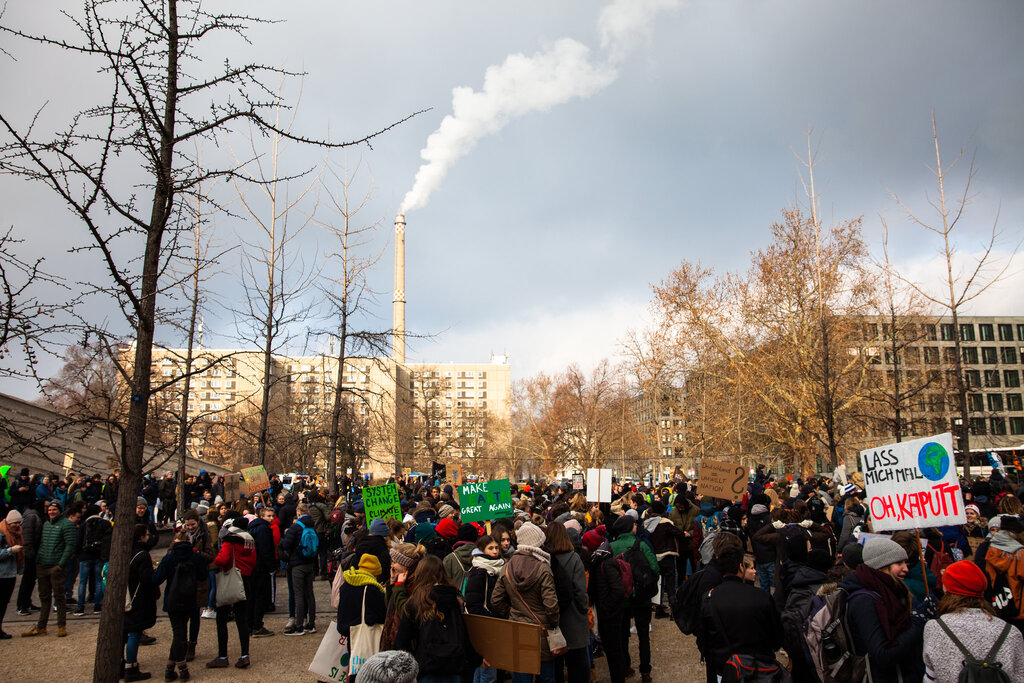The new German climate minister seeks to address the “drastic deficit” on climate in the country and called to increase speed of emissions reduction by threefold to meet nation’s carbon neutrality goal in 2045.
—
Germany’s new three-way coalition government has pledged to slash carbon emissions and speed up expansion of renewables in the new plan unveiled by the new economy and climate protection minister Robert Habeck.
According to Habeck, Germany has a “drastic deficit” in addressing the climate crisis, having already missed its emissions targets for two years in a row and will likely miss its targets in the next two as well. Many question whether the country’s carbon neutrality goal can be achieved by 2045 at this current pace, prompting the government to set out a much more ambitious plan.
“We are making every effort to make up for the lag,” Habeck said in a statement. “To do this, we have to triple the speed of our emissions reduction and do significantly more in less time.”
Economic recovery following the COVID-19 saw greenhouse gas emissions rose in 2021 by around 33 million tons of CO2, or 4.5% compared with 2020, according to think tank Agora Energiewende, a trend which Habeck says to be “going in the wrong direction” and one “that is of concern.”
The country is also “dramatically behind” in its progress in meeting 65% reduction in greenhouse gases compared with 1990 levels, as well as achieving 80% of energy generated from renewable sources by 2030. Currently, about 42% of energy in Germany comes from renewables.
“Whereas emissions have fallen by an average of 15 million metric tons per year over the past decade, they must now fall by 36 to 41 million metric tons per year from now until 2030,” Habeck said.
The climate minister argues that the nation is in a race against time and wants to put an immediate climate protection programme in place at the end of the year. This would include installing more wind turbines and solar panels, implementing a law that would require an average of 2% of percent of state and community land to be used for wind power, and pushing all new buildings to be fitted with solar panels.
While Germany has made a commitment to phase out coal by 2030, on top of the fact that it is shutting down all its nuclear power plant by the end of this year – during a time which many European Union nations are scaling up nuclear instead of down – the country cannot avoid expanding its gas-fired power plants to meet its national demand, making its emissions reduction target a “mammoth task”.
You might also like: Is the Global Green Party Movement Here to Stay?
Featured image by: Flickr


















